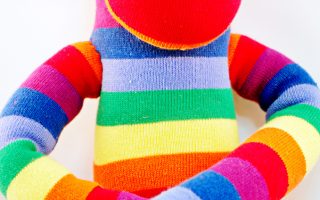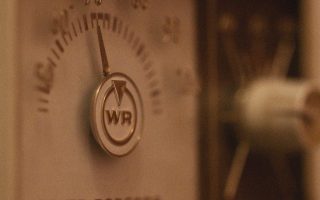
It’s kind of difficult to put those odds into perspective. There is always the “you are much more likely to be hit by lightening” fact which, at odds at approximately 1 in 1 million (although much greater or less depending on which state you live in) means that you’re 259 times more likely to be hit by lightening than to win the jackpot.
Here’s another way to get a feel of the odds you have of winning. Hand a dollar bill to your friend. Now pick any date you want since humans have been on earth (any date in the last 200,000 years). If you’re date matches exactly the date that your friend also picked during that time period, your friend will give you $1 billion. If you’re wrong, your friend gets to keep the dollar. No, I’m kidding. Although that might seem outrageous, that example is actually far too easy to win. Your odds are actually over three times worse than that. To be accurate, you would need to pick the correct date from the last 710,000 (approximately) years to win the $1 billion.
Now that we kind of get the sense of how big the odds are, this is a conversation I had today with a friend that wanted me to play:
Friend: “Are you going to play the upcoming mega millions lottery?”
Me: “No.”
Friend: “Why not?”
Me: “It’s a waste of money.”
Friend: “You can’t win if you don’t play.”
Me: “You won’t win even if you do play.”
Friend: “Why are you being so negative? I’ll buy you a ticket. What numbers do you want?”
Me: “1, 2, 3, 4, 5 and 6”
Friend: “Why would you pick those numbers? They’ll never show up all in a row like that. You should pick numbers that have a chance of being drawn. It’s like you want to lose.”
Me: “…”
Of course, the odds of winning are the exact same no matter which numbers you choose. If you think that it would be impossible for 1 – 6 to be the winning numbers, then you should feel the same about any set of number that you choose.
So how can you better your odds at winning a billion dollars? Simple. If you do decide to play the lottery despite the large odds against you, pick high numbers. You want to choose numbers above 31. This won’t increase or diminish the chances of winning the lottery, but it will increase your chance of not having to share the winnings if you do happen to win, thus actually getting the billion dollars rather than splitting the prize with others. When people choose their own numbers, many use birth dates as their number picks as they consider them good luck. This means there are many more tickets issued with lower numbers than higher numbers and that the chance of multiple winners increases when you choose numbers 31 and below.
The second thing you can do is to play the lottery once or twice a year using more money rather than entering it every week. If you buy a single ticket, your odds of winning are 1 in 259 million. If you buy two tickets and pick two different combinations of numbers, you’re odds increase to 1 in 129. 5 million. The odds are still hugely against you, but spending $52 on tickets for one jackpot gives you slightly better odds of winning than buying one ticket each week for 52 weeks.
Other than these two things, don’t get suckered into believing that there is a trick or hidden strategy that can help you win. There isn’t, and if you believe there is, you are going to end up losing even more money than what you purchase in lottery tickets. If you’re going to play, do so for the entertainment value with money that you have set aside to play with and that you can afford to lose.
Do you play the lottery? If you do, why?
Jeffrey strain is a freelance author, his work has appeared at The Street.com and seekingalpha.com. In addition to having authored thousands of articles, Jeffrey is a former resident of Japan, former owner of Savingadvice.com and a professional digital nomad.






Comments